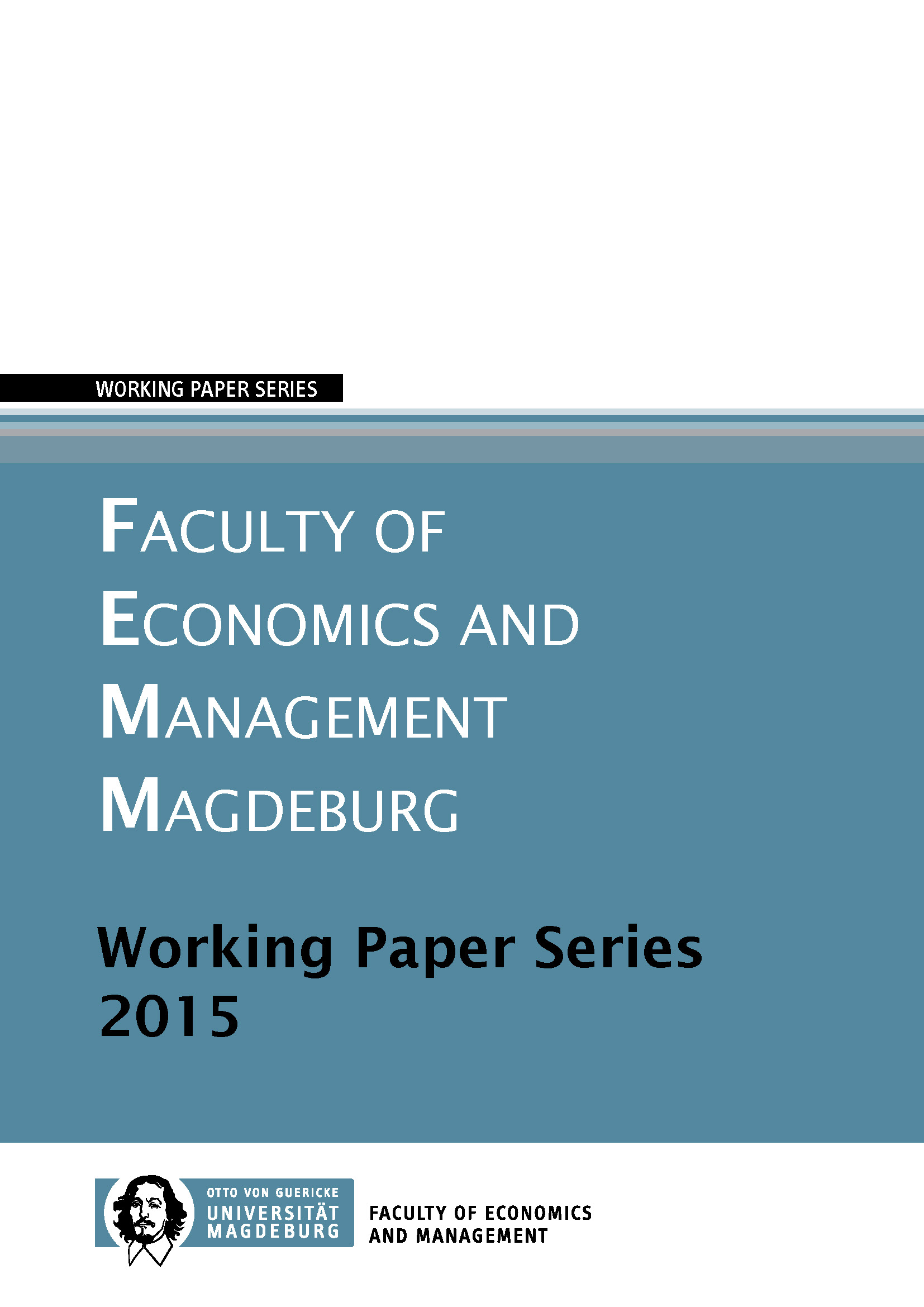Myopic behavior and overall utility maximization - A study of linked hawks and doves
DOI:
https://doi.org/10.24352/UB.OVGU-2018-543Schlagworte:
Network, Hawk-Dove, Game theory, Behavioral experiment, Finitely re- peated gameAbstract
At present, in the domain of simultaneous action selection and network formation games, game-theoretic behavior and experimental observations are not consistent. While theory typically predicts inefficient outcomes for (anti- )co-ordination games, experiments show that subjects tend to play efficient (non-Nash) strategy profiles. One reason for this discrepancy is the tendency to model corresponding games as one-shot and derive predictions. In this paper, we calculate the equilibria for a finitely repeated version of the Hawk-Dove game with endogenous network formation and show that the repetition leads to additional sub-game perfect equilibria; namely, the efficient strategy profiles played by human subjects. However, efficiency crucially depends on the design of the game. This paper theoretically demonstrates that, although technically feasible, the efficient profiles are not sub-game perfect equilibria if actions are fixed after an initial period. We confirm this result using an experimental study that demonstrates how payoffs are higher if actions are never fixed.


